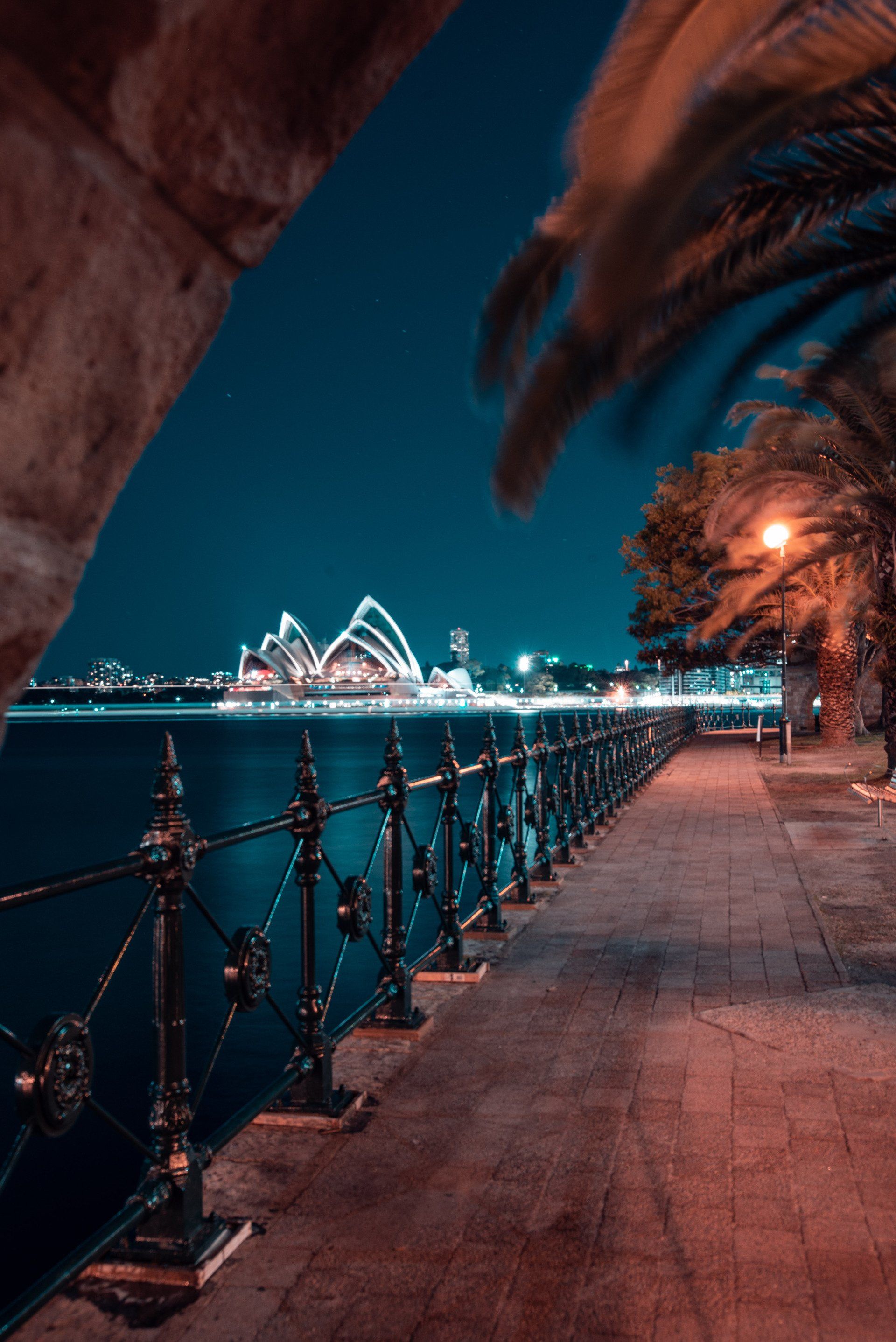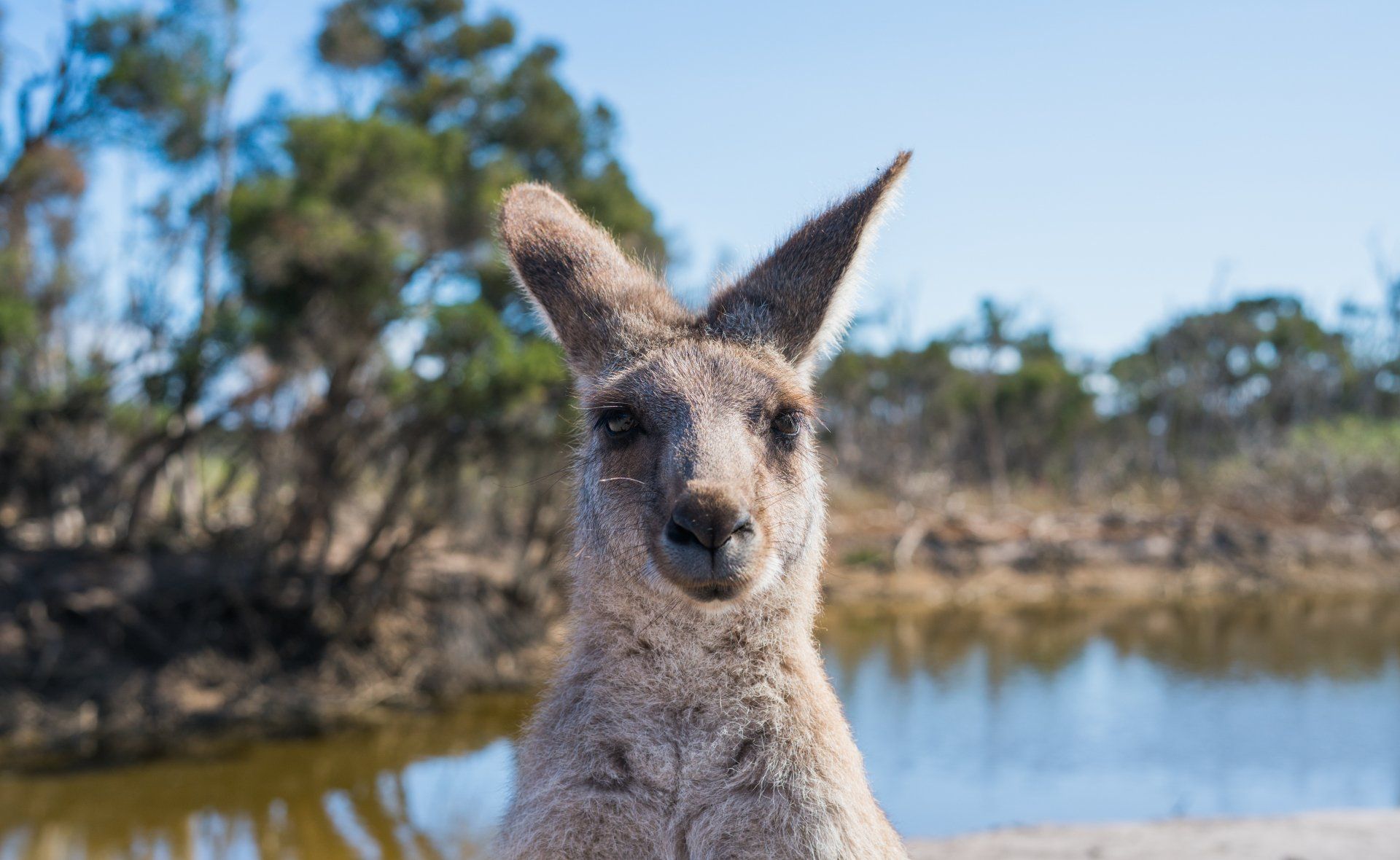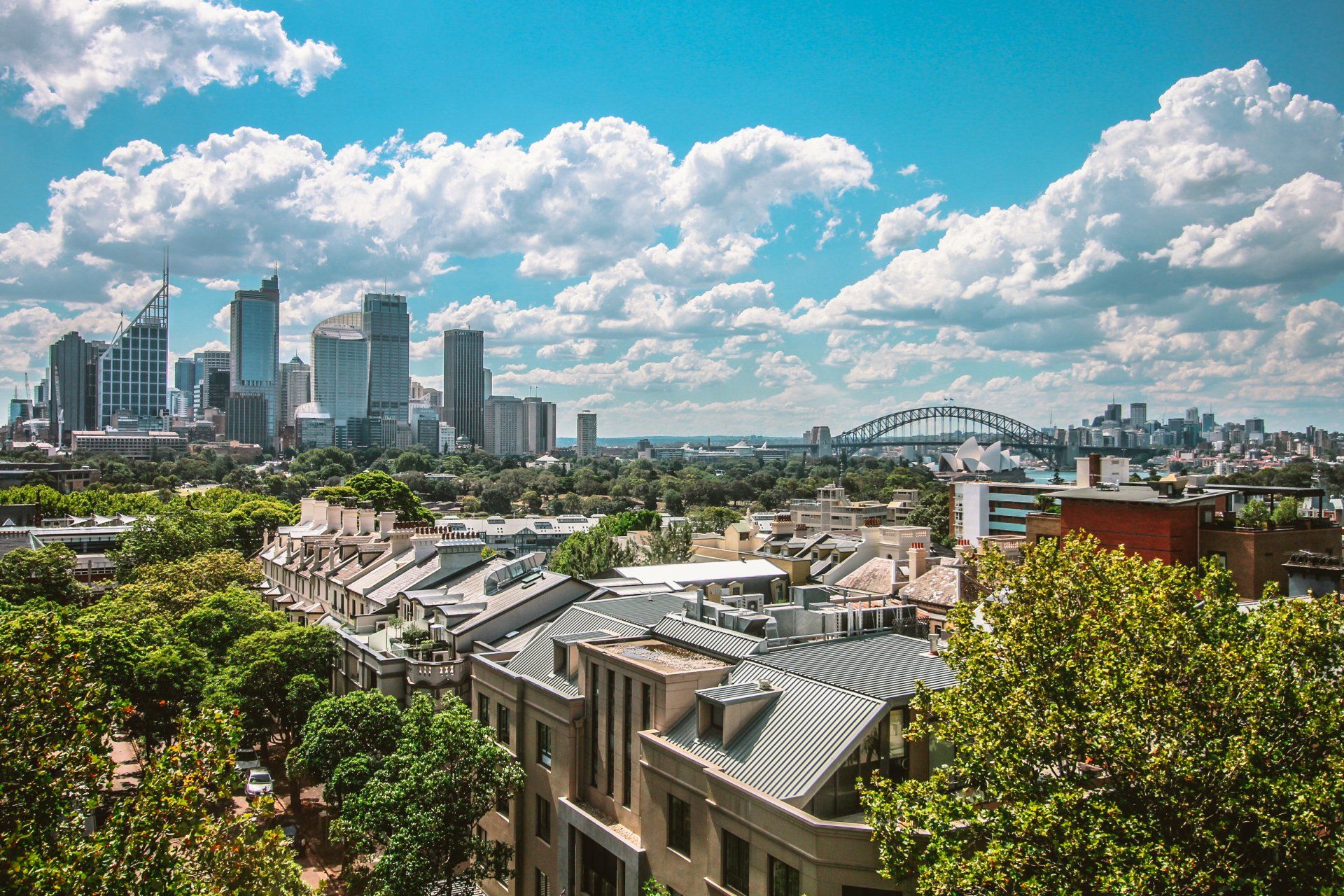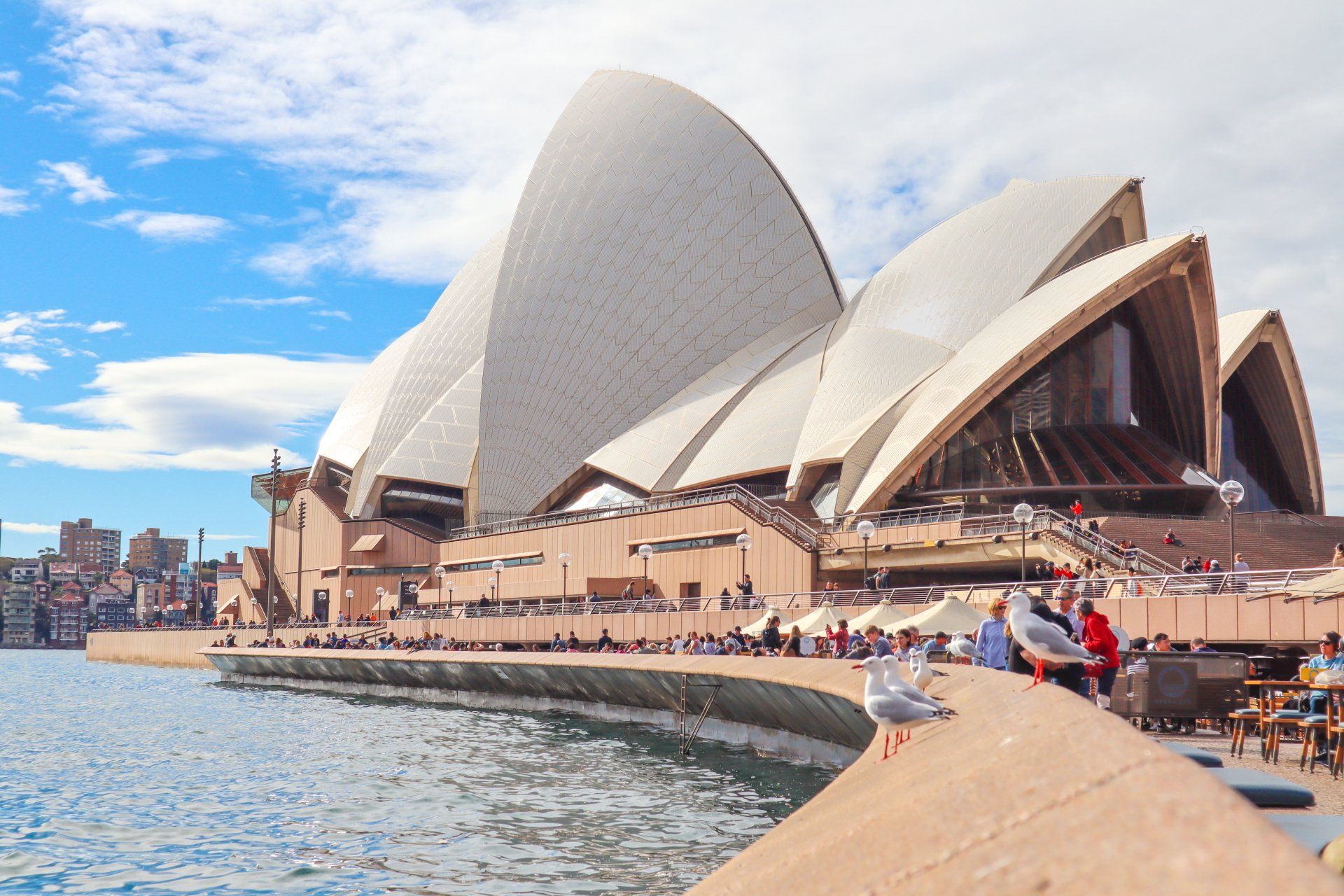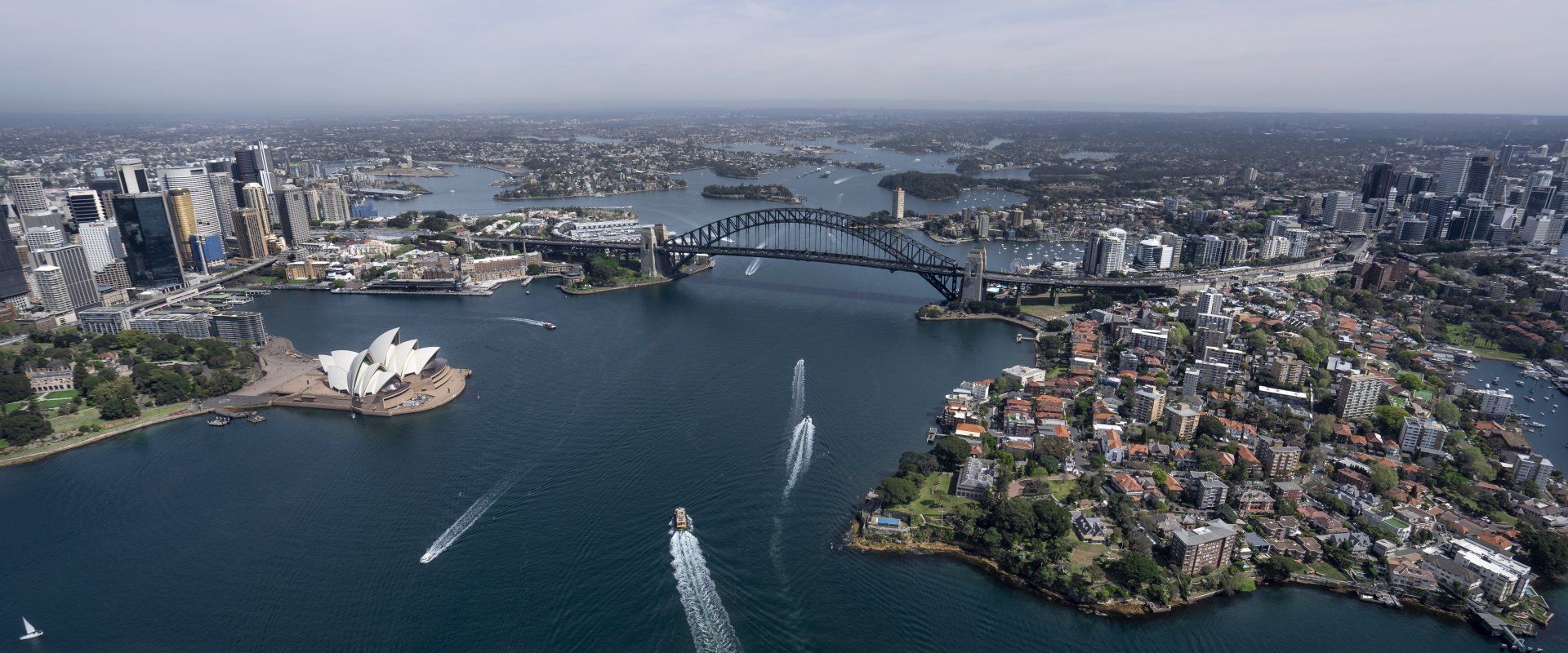Welcome in Australia
Weather and climate
Australia experiences a diverse range of climates, from tropical in the north to temperate in the south. Summers (December to February) are typically hot and dry, with temperatures ranging from 25°C to 45°C (77°F to 113°F) in the interior regions. Winters (June to August) are milder, with temperatures averaging between 5°C to 20°C (41°F to 68°F) in most areas.
Accommodations
Popular accommodations in Australia include hotels, resorts, hostels, and holiday apartments. Major cities like Sydney, Melbourne, Brisbane, and Perth offer a wide range of accommodation options to suit every budget. Iconic locations such as the Great Barrier Reef, Uluru, and the Whitsunday Islands also have luxury resorts and eco-lodges.
Travel advice and safety
Australia is generally a safe destination for travelers, but it's important to take precautions, especially in remote areas and natural environments. Be mindful of sun exposure, swim only in designated areas on beaches, and follow safety guidelines for outdoor activities such as bushwalking and snorkeling.
Activities and attractions
Australia offers a wealth of activities and attractions, including exploring the Great Barrier Reef, hiking in the Blue Mountains, visiting iconic landmarks like the Sydney Opera House and Uluru, wine tasting in the Barossa Valley, and wildlife encounters at Kangaroo Island or in Tasmania.
Local cuisine and restaurants
Australian cuisine is influenced by multicultural flavors and ingredients. Recommended eateries include "Quay" in Sydney for fine dining with harbor views, "Vue de Monde" in Melbourne for contemporary Australian cuisine, and "Chin Chin" in Melbourne for modern Thai-inspired dishes.
Transport
Taxi fares in Australia vary by city and distance traveled. In major cities like Sydney and Melbourne, starting fares range from AUD $3.20 to $4.20, with additional charges per kilometer. Public transportation options include trains, buses, trams, and ferries, with fares starting from around AUD $3 for short journeys.
Currency and payment
The currency used in Australia is the Australian Dollar (AUD). Credit cards are widely accepted in most establishments, but it's advisable to carry cash for smaller purchases and transactions in rural areas. ATMs are available in urban centers and tourist destinations.
Language and communication
English is the official language spoken in Australia, making communication easy for most travelers. However, Australia has a unique slang and colloquialisms that may take some getting used to, but locals are generally friendly and helpful.
Culture and local customs
Australian culture is diverse and influenced by Indigenous heritage, British colonial history, and multicultural immigration. Common customs include greeting with a handshake, observing Indigenous cultural protocols in certain regions, and respecting the land and environment.
Packing list
When packing for Australia, consider including sunscreen, a hat, sunglasses, lightweight clothing for warm weather, a waterproof jacket for rain, comfortable walking shoes, and swimwear for beach destinations.
Budgeting
The average daily budget for a mid-range traveler in Australia ranges from AUD $100 to $250, covering accommodation, meals, transportation, and activities. Luxury travelers can expect to spend upwards of AUD $400 per day, while budget travelers can find cheaper options in hostels and self-catering accommodations.
Health and medical facilities
Medical facilities in Australia are of high quality and readily available in urban centers and tourist areas. Major hospitals include Royal Prince Alfred Hospital in Sydney, Royal Melbourne Hospital in Melbourne, and Royal Brisbane and Women's Hospital in Brisbane.
Travel tips and recommendations
When traveling in Australia, be sure to plan ahead, especially for long-distance travel between cities and remote areas. Take advantage of local knowledge and guided tours for unique experiences, and always check weather and safety conditions before embarking on outdoor activities.
Emergency contacts
In case of emergencies, dial 000 for police, fire, or ambulance services in Australia.
Internet and communication
Major telecom providers in Australia include Telstra, Optus, and Vodafone, offering prepaid SIM cards and mobile data plans for tourists. WiFi is widely available in hotels, cafes, and public areas in urban centers and tourist destinations.
Submit your travel inquiry here
Thank you for contacting us.
We will get back to you as soon as possible.
We will get back to you as soon as possible.
Oops, there was an error sending your message.
Please try again later.
Please try again later.




